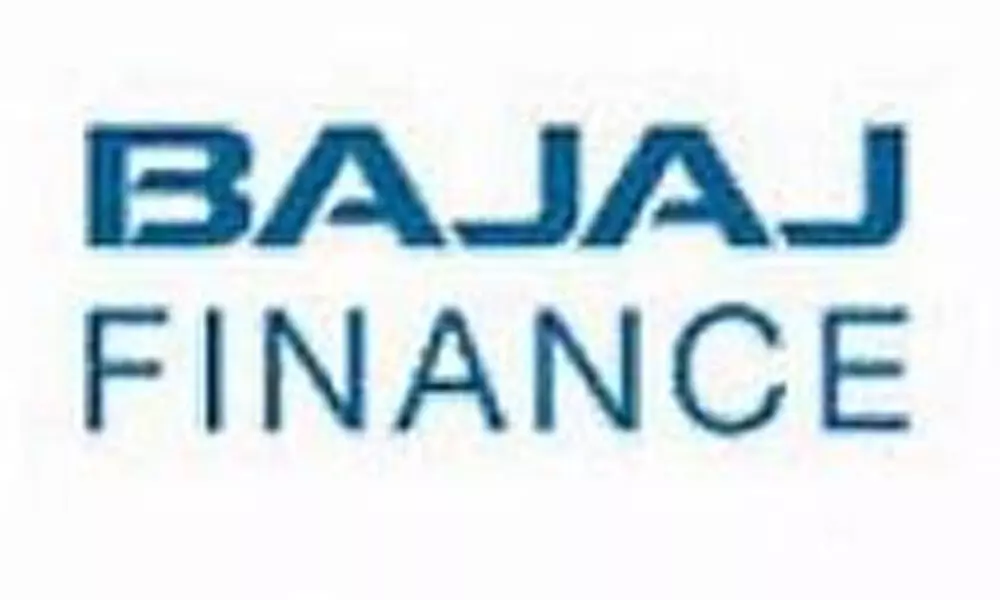Bajaj Finance shares slump more than 4 per cent after quarterly results
Bajaj Finance shares slumped more than 4 per cent on Tuesday on elevated credit costs from B2C businesses and NIM contraction
image for illustrative purpose

New Delhi, Jan 30: Bajaj Finance shares slumped more than 4 per cent on Tuesday on elevated credit costs from B2C businesses and NIM contraction.
Bajaj Finance shares are trading at Rs 6855, down 4.63 per cent on BSE. The stock is the top loser in the BSE Sensex.
Motilal Oswal Financial Services said in a report that 3QFY24 NIM declined 25bp QoQ to 12.4% while the reported NIM contracted 10bp QoQ. We model a NIM compression of 20bp in FY25 due to the expected rise in the cost of borrowings and difficulty in passing on any further interest rate hikes to customers.
The report pointed to a minor deterioration in asset quality with credit costs elevated. Credit costs were higher due to elevated Rural B2C delinquencies and lower collection efficiencies in Urban B2C segment.
Customer acquisitions and the new loan trajectory have been strong. The momentum will only get stronger going ahead, with the digital ecosystem – app, web platform, and full-stack payment offerings – in place. BAF should be able to offset the NIM compression in FY25 with lower operating cost ratios. Our EPS estimates are largely unchanged, the report said.
JM Financial Institutional Securities said in a report that Bajaj Finance's 3QFY24 PAT at Rs 36.4bn, grew +22% YoY, a tad below our estimates of Rs 37.7bn. Revenue momentum remained strong (despite regulatory embargo on certain products post Nov’23) with NII at Rs 76.7bn, +29% YoY and overall Net revenues grew +25% YoY to Rs 93bn. Credit costs inched up from low levels seen in 1HFY24 led by issues in Rural B2C and marginal dip in collection efficiencies in Urban B2C products.
Management has indicated that while overall credit environment remains benign, certain segments impacted credit costs and they remain cautious given BAF's focus on risk. As a proactive measure, BAF has slowed down growth in these products, the report said.

